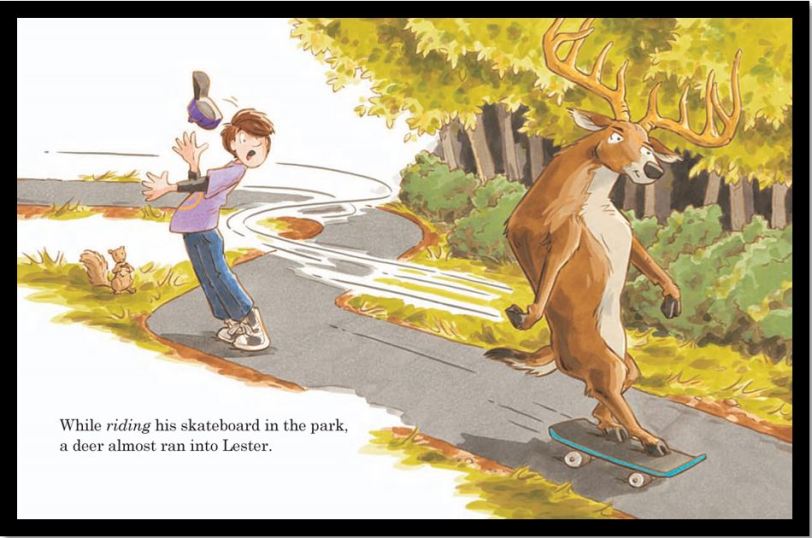Ready for Adventure?
The Adventure Bible for Early Readers takes you on a fun, exciting journey through God’s Word. Along the way you’ll meet all types of people, see all sorts of places, and learn all kinds of things about the Bible. Most importantly, you’ll grow closer in your relationship with God.
Here’s a quick tour through the features:
Life in Bible Times - Articles and illustrations describe what life was like in ancient days
People in Bible Times - Articles offer close-up looks at amazing people of the Bible
Let’s Live It! - Hands-on activities help you apply biblical truths to your life
Did You Know? - Interesting facts help you understand God's Word
Words to Treasure - Great verses to memorize
Twenty special pages - Games and other Bible fun, all with a jungle safari theme
Book introductions, a dictionary, and color maps
Includes the complete New International Reader’s Version (NIrV), perfect for children learning to read and explore the Bible for the first time on their own.
My Review:
I admit, I like the NIrV translation for my youngest daughter. It draws from the NIV version, which is one of many literal translations of the Bible. (For more on literal translations visit here.) This means that the NIV text is a word for word translation of the original Greek and Hebrew texts with the intent of conveying the literal meanings rather than attempting to capture and interpret the thoughts and meanings that the original texts were attempting to convey. The NIrV takes the NIV text and uses smaller words, even including definitions of more difficult words within the text, shorter sentences, and they broke the chapters up into smaller sections in order to assist young readers. (Click here to read more about the adaptations of the NIrV.)
More than just an easier to read text, this Bible is colorful and engaging. Each page is colorful, with either colored chapter numbers, section headings, text boxes, or illustrations. The Bible is full of "Did You Know?" titbits, "Words to Treasure" memory verse suggestions, and "Live It" ideas. I like that the pages, while thinner than a typical child's story book, are not tissue paper thin as most bibles are. I love that the words are spaced in such a way that a new, independent reader can easily read them without getting lost in lines spaced to close together.
I love the book introductions that include who wrote the book, why it was written, what we can learn about God in the book, important people, when and where it happened and the stories included in the book. But what I like best is the my daughter loves having and reading her very first "real" Bible. This is a great was to transition from Bible story books to the true word of God.





